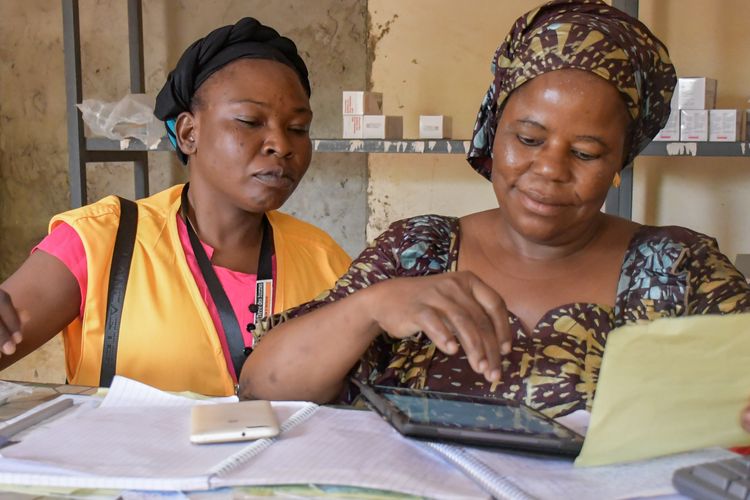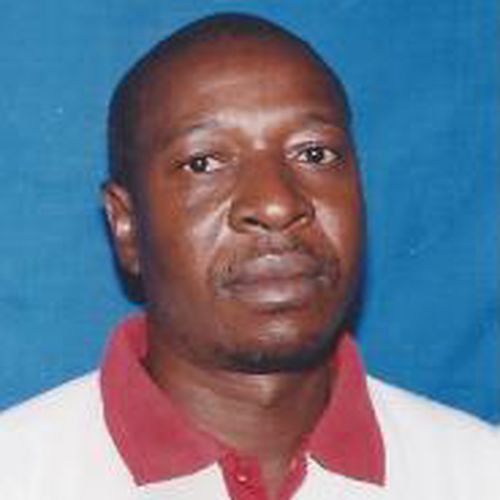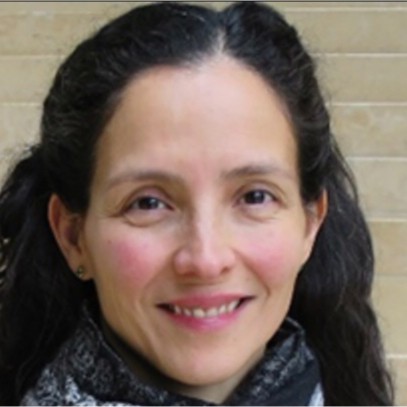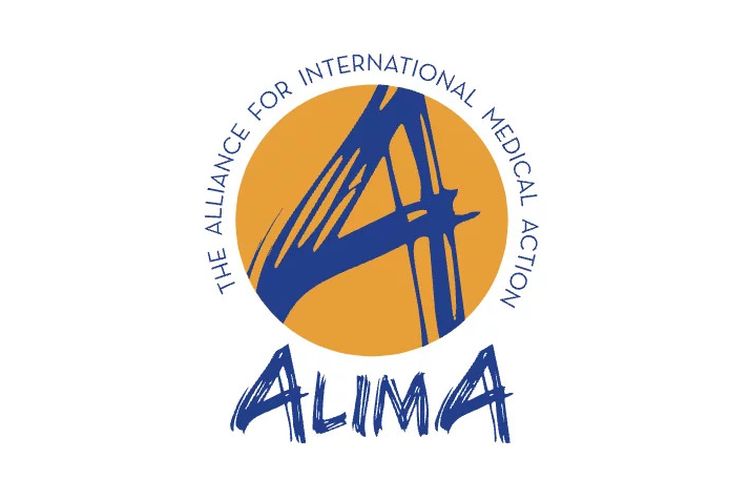May 28, 2024
9:00 am - 10:30 am
The operationalization of the humanitarian-development nexus in health plays a crucial role in strengthening the surveillance, preparation, and response to healthcare crises by local health systems and communities, especially in the current context of local conflict and global climate change. The nexus in health represents an effort to deliver health services equally, continuously, and resiliently to address population needs within protracted crises that might last for many years and that will have volatile evolutions.
Strengthening the Nexus involves harmonizing efforts in analysis, planning, programming, and coordination among humanitarian and development actors (The New Way of Working, WHO). There is not sequencing or transition between humanitarian and development programming, but a need to work alongside, managing complementarities between the two (from continuum to contiguum). The Nexus is not a sum of both sectors; instead, Nexus is about implementing short-term and long-term activities that happen in parallel to contribute to the SDGs and leaving no one behind.
Humanitarian and development health intervention should be conflict sensitive, designed to do not exacerbate the root causes of the conflict but to contribute to social cohesion, equity, and inclusion, and therefore, contribute to peacebuilding in the humanitarian-development-peace triple nexus. It is necessary to engage in joint evidence-based advocacy to ensure that political decisions aim to sustainably support programs on this subject.
This event is expected to generate a wealth of knowledge, insights, and collaboration opportunities that can further support the integration of development and humanitarian efforts in the health sector. By analysing experiences, sharing good practices, highlighting policy changes, and addressing challenges, the event can contribute to a more cohesive and effective approach to respond to health crises in complex and dynamic environments.




Switzerland, Speaker, Terre des Hommes Foundation

Burkina Faso, Speaker
Keoogo Association


Switzerland, Chairwoman Terre des Hommes Foundation

France, Speaker and Moderator
Alima



Established in 2006 by the University Hospitals of Geneva (HUG) and the University of Geneva (UNIGE), the Geneva Health Forum (GHF) is a Swiss not-for-profit initiative that brings together a diverse range of stakeholders to discuss and address global health challenges.
The GHF plays a pivotal role in the global health landscape, as a neutral and inclusive platform, fostering dialogue and collaboration among key players in the field, including policymakers, representatives from academia, civil society, and the private sector.
Its core mission is to facilitate constructive dialogue among these global health actors, which, in turn, contributes to the improvement of health policies and access to care worldwide. The Geneva Health Forum proudly collaborates with some of the most prominent international organizations based in Geneva.